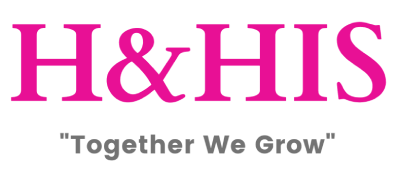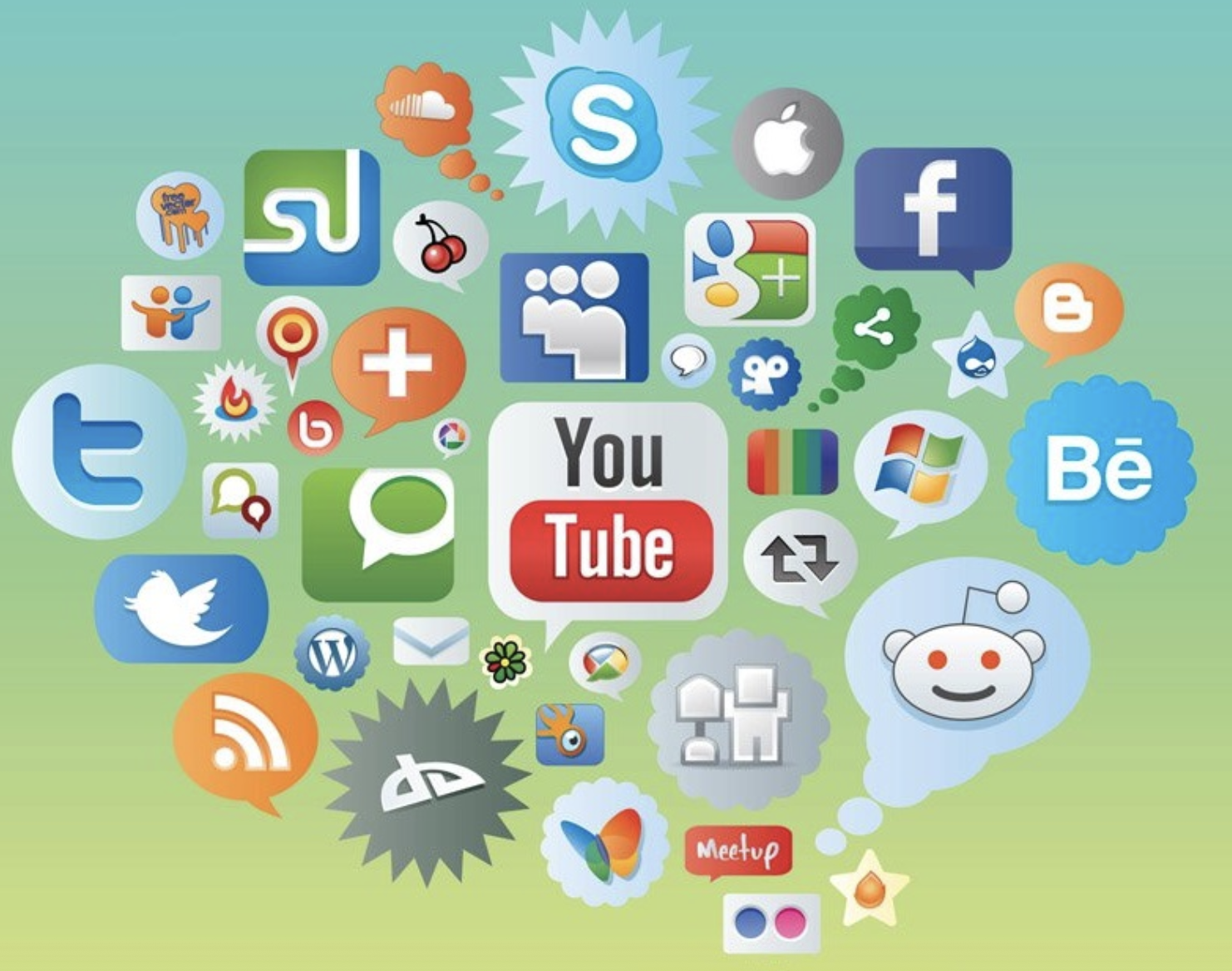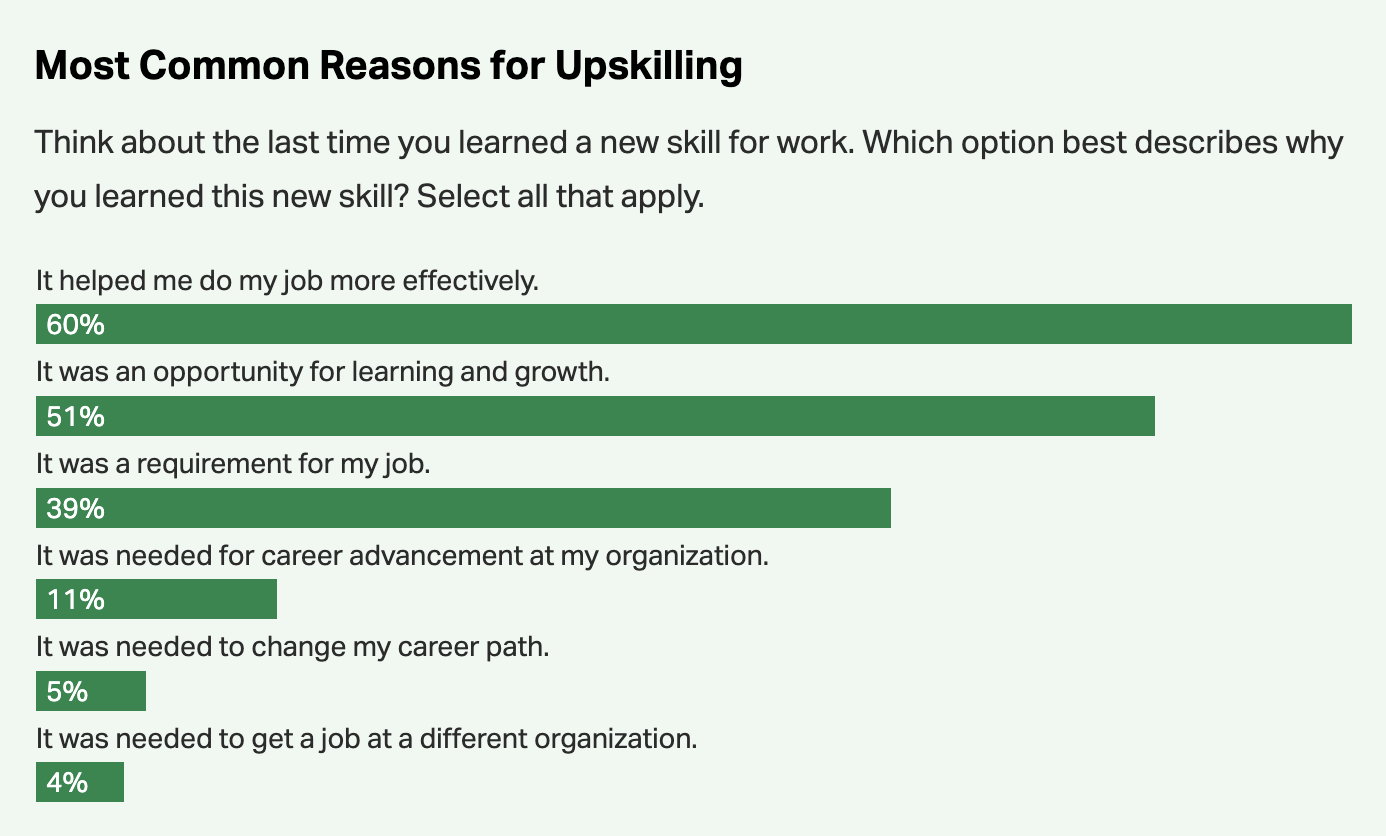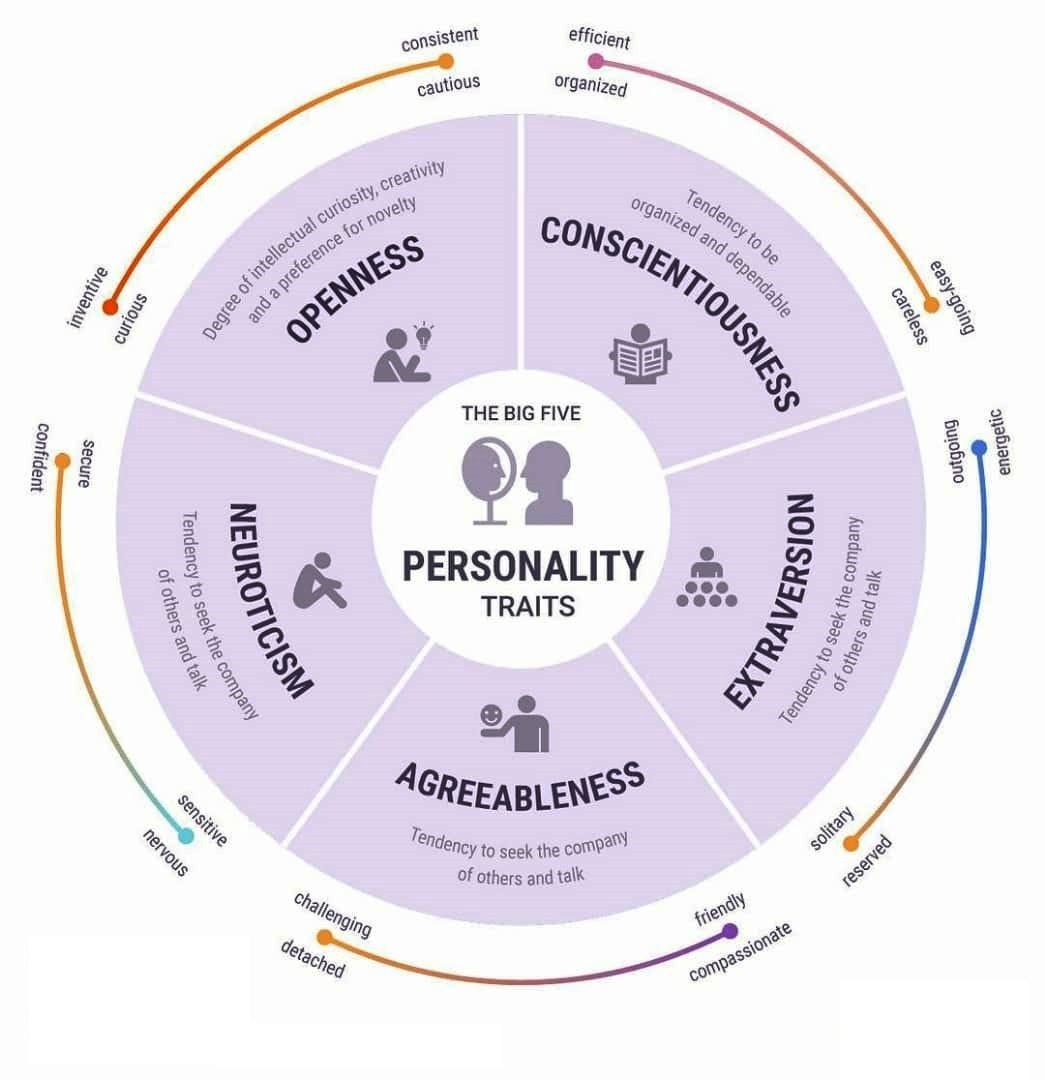How can businesses use honesty as a competitive advantage in today’s market?
How can businesses use honesty as a competitive advantage in today’s market?
1. “The Power of Transparency: Leveraging Honesty for Competitive Success”
Transparency has become a key element in today’s business world, where honesty and openness can lead to competitive success. One powerful example of this is Patagonia, the outdoor clothing company known for its commitment to environmental sustainability and social responsibility. Patagonia practices radical transparency by openly sharing information about its supply chain, production processes, and even the environmental impact of its products. This level of honesty has not only helped build trust with customers but has also led to increased brand loyalty and market differentiation.
Another compelling case is that of Buffer, a social media management company that operates with complete transparency. Buffer shares its revenue, salaries, and even emails from the CEO to the entire team. This radical transparency has fostered a strong sense of trust and collaboration among employees, leading to high levels of job satisfaction and productivity. For readers facing similar situations, embracing transparency can bring numerous benefits, such as increased trust from customers, improved employee morale, and a competitive edge in the market. To leverage honesty for competitive success, organizations can start by being open about their processes, values, and goals. By actively communicating with stakeholders and being transparent about decision-making, companies can build trust and credibility, ultimately driving long-term success.
2. “Building Trust in a Skeptical Market: Strategies for Business Honesty”
In today’s competitive and skeptical market, building trust with customers is crucial for the success of any business. One exemplary case is that of Patagonia, an outdoor clothing company that has established itself as a beacon of transparency and honesty. Patagonia’s “Worn Wear” program, which promotes the repair and reuse of their products, showcases their commitment to sustainability and accountability. By openly sharing their environmental impact and ethical practices, Patagonia has fostered a loyal customer base who value authenticity and integrity.
Another notable example is the cosmetics brand Dove, known for its groundbreaking “Real Beauty” campaigns that celebrate diversity and challenge beauty stereotypes. By promoting a positive and inclusive message, Dove has built a strong reputation for honesty and empowerment among consumers. To navigate a skeptical market and establish trust, businesses can take practical steps such as being transparent about their products and practices, actively engaging with customers to address concerns, and prioritizing social responsibility. By consistently demonstrating honesty and integrity, companies can differentiate themselves and cultivate lasting relationships with customers based on trust and credibility.
3. “Authenticity in Action: Honesty as a Key Competitive Differentiator”
In today’s highly competitive business landscape, authenticity has emerged as a crucial factor for companies looking to stand out from the crowd. One notable example of authenticity in action can be seen in the marketing campaigns of Patagonia, the outdoor clothing and gear company. Patagonia has built a brand image around honesty and environmental responsibility, showcasing their commitment through initiatives like the “Don’t Buy This Jacket” campaign which encouraged customers to think twice before making a purchase. This transparency and integrity have not only earned Patagonia a loyal customer base but also set them apart as a key player in the sustainable fashion industry.
Another compelling case study of authenticity as a key competitive differentiator is seen in the approach taken by Airbnb. The home-sharing platform has thrived by fostering a sense of trust and authenticity among hosts and guests through features like user reviews, verified profiles, and transparent communication channels. By prioritizing honesty and genuine connections, Airbnb has revolutionized the hospitality industry and redefined travel experiences for millions worldwide. For businesses looking to leverage authenticity as a competitive advantage, the key lies in staying true to their values, communicating openly with customers, and consistently delivering on promises. By cultivating a culture of honesty and transparency, companies can not only build trust with consumers but also gain a distinct edge in the marketplace.
4. “Navigating the Ethics Landscape: Honesty as a Strategic Tool in Business”
In the complex world of business, navigating the ethics landscape can be a challenging yet crucial endeavor. Time and time again, companies have shown that honesty can serve as a powerful strategic tool in building trust, fostering relationships, and ultimately driving success. Take the case of Patagonia, the outdoor clothing company known for its commitment to environmental sustainability. By being transparent about their manufacturing processes and the environmental impact of their products, Patagonia has not only gained a loyal customer base but has also established itself as a leader in corporate social responsibility. This honesty has not only enhanced their brand reputation but has also set them apart in an industry where greenwashing is all too common.
Another compelling example comes from Johnson & Johnson, a multinational corporation known for its ethical business practices. In the late 1980s, when faced with the Tylenol poisoning crisis, the company prioritized honesty and transparency above all else. Instead of covering up or downplaying the incident, Johnson & Johnson issued a widespread recall and worked diligently to ensure the safety of their consumers. This proactive approach, based on honesty and integrity, not only saved lives but also solidified the company’s reputation as one that prioritizes the well-being of its customers above profit margins.
For readers facing similar ethical dilemmas in their business endeavors, it is imperative to remember that honesty is not just a moral imperative but a strategic one as well. Building a culture of transparency and integrity within your organization can foster trust among employees, customers, and stakeholders, leading to long-term success. Embrace honesty as a tool for differentiation, setting your business apart in a crowded marketplace. By prioritizing ethical behavior and values, you can not only weather storms of adversity but emerge stronger and more resilient as a trusted and respected entity in the business world.
5. “Beyond the Bottom Line: The Impact of Honesty on Business Performance”
Honesty in business goes beyond simply doing what is legally required; it has a direct impact on business performance and can strengthen brand reputation in the long term. One such example is the case of Johnson & Johnson, a multinational corporation known for its commitment to honesty and ethical practices. When the company faced a crisis in the 1980s due to product tampering, their transparent communication and swift action not only restored trust among consumers but also solidified their reputation as a trustworthy and ethical company. This instance highlights that honesty is not only the right thing to do ethically but also has tangible benefits for business success.
Another real-world example is Patagonia, an outdoor clothing company that has integrated honesty and sustainability into their core business practices. Through initiatives like the “Worn Wear” program, where customers can buy and sell used Patagonia clothing, the company showcases its commitment to transparency and environmental responsibility. This approach has not only strengthened customer loyalty and trust but has also positioned Patagonia as a leading sustainable fashion brand in the industry. For readers looking to incorporate honesty into their business practices, it is essential to prioritize transparent communication with stakeholders, adhere to ethical principles even in challenging times, and integrate honesty into every aspect of the organization’s operations. Embracing honesty not only fosters trust and credibility but can also drive long-term success and positive business performance.
6. “From Reputation to Revenue: Exploring the Link Between Honesty and Success”
In today’s competitive business landscape, the connection between reputation and revenue has never been more critical. Companies like Patagonia exemplify how honesty and ethical practices can lead not only to a strong reputation but also to increased revenue. By building a brand centered on eco-friendly products and transparent supply chains, Patagonia has not only established a loyal customer base but has also experienced significant financial success. This showcases that being honest and socially responsible can indeed drive business growth.
Another compelling example is the case of Dove’s “Real Beauty” campaign. By promoting body positivity and challenging traditional beauty standards, Dove not only improved its reputation but also saw a substantial increase in sales. This campaign resonated with consumers on a deep emotional level, leading to a boost in revenue for the company. For individuals and organizations looking to replicate this success, it is crucial to prioritize honesty and authenticity in all business dealings. By being transparent, addressing mistakes openly, and aligning values with actions, companies can build trust with customers and ultimately drive revenue growth. Embracing honesty as a core value can not only lead to a strong reputation but also pave the way for long-term success in today’s market.
7. “Earning Loyalty Through Truth: Harnessing Honesty for Long-term Growth”
In today’s competitive business landscape, earning customer loyalty is more crucial than ever. It’s no secret that consumer trust can make or break a brand’s reputation. Companies that embrace honesty as a core value have seen remarkable success in building long-term relationships with their customers. One such example is Patagonia, the outdoor clothing and gear company. Known for its strong commitment to environmental activism and ethical business practices, Patagonia’s transparent approach has created a loyal customer base that values authenticity. By being upfront about their supply chain, sustainability efforts, and social responsibility initiatives, Patagonia has harnessed honesty as a powerful tool for sustainable growth.
Similarly, Everlane, a popular fashion brand, has also made honesty a cornerstone of their business model. By providing detailed information about their production costs, pricing strategies, and factory conditions, Everlane has gained a reputation for transparency in an industry often accused of lack of ethics. This commitment to truth has not only helped Everlane build a loyal following but has also attracted a new generation of conscious consumers who prioritize ethical business practices. For readers looking to harness honesty for long-term growth in their own businesses, the key is to prioritize transparency and authenticity in all interactions with customers. By being open about your values, practices, and shortcomings, you can earn trust and loyalty that will drive sustainable growth for years to come.
Final Conclusions
In conclusion, honesty can serve as a powerful competitive advantage for businesses in today’s market. By prioritizing transparency, integrity, and authenticity in their dealings, companies can build trust with customers, employees, and stakeholders, ultimately enhancing their reputation and loyalty. Embracing honesty as a core value can set businesses apart from the competition, fostering long-term relationships and sustainable success in an increasingly competitive and fast-paced market environment.
Incorporating honesty into all aspects of business operations, from marketing and communication to product development and customer service, can help businesses stand out in a crowded marketplace. By demonstrating a commitment to ethical practices and open communication, companies can differentiate themselves and attract customers who value integrity and transparency. Ultimately, leveraging honesty as a competitive advantage not only drives business growth but also contributes to a more trustworthy and ethical business landscape overall.
Vorecol Team







